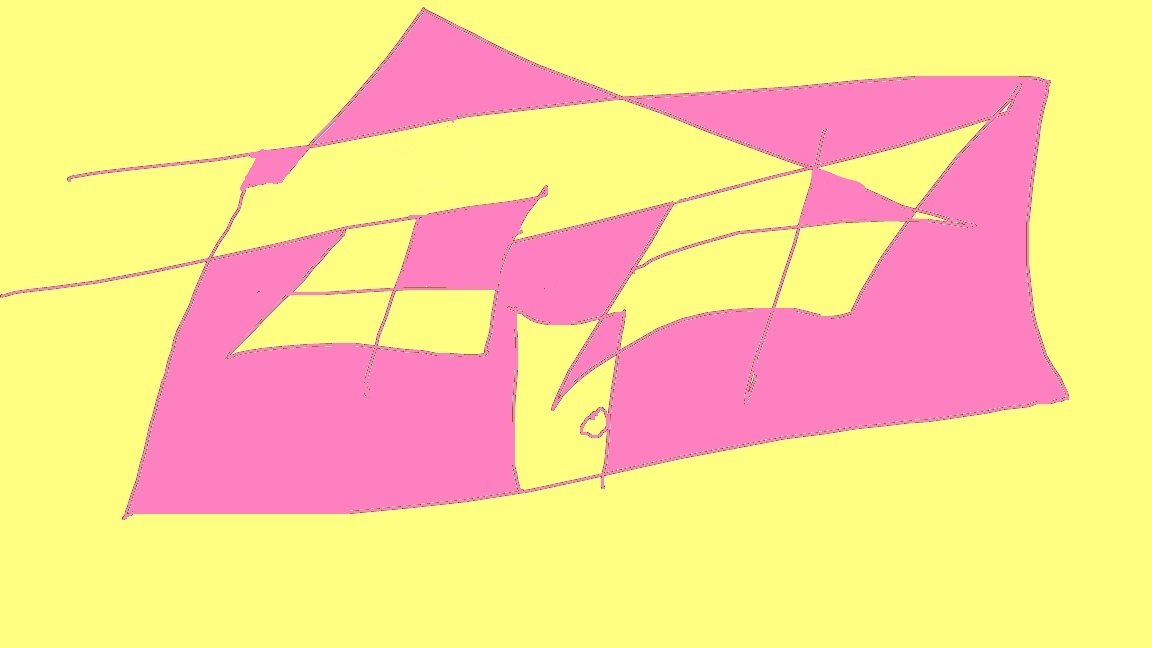when on mobile, view calendar horizontally for best user experience.
master calendar in list form
↓
master calendar in list form ↓
![Brick and Mirror [Khesht va Ayeneh] (1965)](https://images.squarespace-cdn.com/content/v1/61c8155b43afc26b6ecbd8b6/1739765024765-SL8QHV7Q8G33R0AZA2HS/brick+and+mirror9+1966.jpg)
Brick and Mirror [Khesht va Ayeneh] (1965)
Brick and Mirror [Khesht va Ayeneh] (1965) — Ebrahim Golestan + The House is Black [Khaneh siah ast] (1964) — Forugh Farrokhzad
Iran, DCP, 131 + 20 ~ 151 mins.







Inshallah a Boy (2023)
Inshallah a Boy (2023) — Amjad Al Rasheed
Jordan/Qatar/Saudi Arabia/Eqypt/France, DCP, 113 mins.
After the sudden death of her husband, Nawal struggles to cope with the upheaval in her life. However, her pain is soon compounded by the possibility of losing her home to her brother-in-law. Desperate to keep her home and provide a stable life for her daughter, Nawal resorts to deception by faking a pregnancy. But as time passes, the lie becomes harder to sustain, and Nawal faces a difficult choice. With only three weeks to find a solution, Nawal embarks on a journey that challenges her fears, beliefs, and morality, as she fights to secure her rightful inheritance and protect her daughter’s future.

The Teacher (2023)
The Teacher (2023) — Farah Nabulsi
Occupied Palestinian Territory/Qatar/United Kingdom, DCP, 115 mins.
A Palestinian school teacher struggles to reconcile his commitment to political resistance with emotionally supporting one of his students. When a student is killed by an Israeli settler, the teacher’s political life becomes intertwined with his role in the community. He reveals his past as well as stories of loss and heartache as he develops a romantic relationship with a volunteer NGO worker from the UK. Starring the inimitable Saleh Bakri, the film depicts a powerful story about how the Israeli occupation in the West Bank impacts the lives of individuals, specifically focusing on the threat of settler violence and the ongoing displacement and destruction of Palestinian land and homes.

To a Land Unknown (2024)
To a Land Unknown (2024) — Mahdi Fleifel
Occupied Palestinian Territory/Greece/Denamrk/United Kingdom/Netherlands, DCP, 105 mins.
About To a Land Unknown
After fleeing a camp in Lebanon, two Palestinian cousins––Chatila and Reda––are stranded in Athens, living in an underground limbo. Desperately seeking a way to reach Germany, they find themselves caught in an uncontrollable spiral. As they save to pay for fake passports, Reda loses their hard-earned cash to his dangerous drug addiction. In response, Chatila hatches an extreme plan for their escape, which involves posing as smugglers and taking hostages. Nourished by New York cinema (notably Midnight Cowboy), To a Land Unknown races along like an edgy thriller, tragic but stripped back. A compelling, uncompromising and nuanced look at the living conditions of migrants.

No Other Land (2024)
No Other Land (2024) — Basel Adra, Hamdan Ballal, Yuval Abraham
Occupied Palestinian Territory/Norway, DCP, 95 mins.
About No Other Land
Basel Adra, a young Palestinian activist from Masafer Yatta, has been fighting his community's mass expulsion by the Israeli occupation since childhood. Basel documents the gradual erasure of Masafer Yatta, as soldiers destroy the homes of families—the largest single act of forced transfer ever carried out in the occupied West Bank. He crosses paths with Yuval, an Israeli journalist who joins his struggle, and for over half a decade they fight against the expulsion while growing closer. Their complex bond is haunted by the extreme inequality between them: Basel, living under a brutal military occupation, and Yuval, unrestricted and free. This film was co-created by a Palestinian-Israeli collective of four young activists during one of the darkest, most terrifying times in the region as an act of creative resistance to Apartheid and a search for a path toward equality and justice.

A Fidai Film (2024)
A Fidai Film + Undr (2024) — Kamal Aljafari
Occupied Palestinian Territory/Germany/Qatar/Brazil/France, DCP, 78+15 ~ 93 mins.
Feature preceded by Aljafari’s short Undr
About A Fadai Film
In the summer of 1982, the Israeli army invaded Beirut. They raided the Palestinian Research Center and looted its entire archive. The archive contained historical documents related to, from, and about Palestine, including a collection of still and moving images. Starting with the premise of the plundered image, A Fidai Film explores the visual memory of this looting and re-appropriates images now in the hands of Israeli archivists.
About Undr
Helicopter footage examines the desert, surveying ancient natural formations and human interventions. Dynamite changes the face of the land. Farmers work their fields. Children play hide-and-seek. Employing archival footage, UNDR constructs an eerie narrative of calculated incursion. The film reminds its viewers that Palestine remains a land subjected to aerial surveillance that seeks to appropriate the landscape.

Three Promises (2023)
Three Promises (2023) — Yusef Srouji + pal/imp/sest (2024) — Zelikha Shoja + The Poem We Sang (2024) — Annie Sakkab
Occupied Palestinian Territory/Jordan/United States/Canada, DCP, 61 + 32 + 20 ~ 113 mins.
About Three Promises
Three Promises is the story of a mother and her camera, of a son and his suppressed memories, and of Palestine. In the early 2000s, while the Israeli army retaliates against the Second Intifada in the West Bank, Suha films her daily family life, punctuated by frequent trips underground and overwhelmed by the anguish of her two young children. At every moment of intense danger, she promises God that she will leave if they survive. In 2017, her son discovers this archive of footage and reconnects with this suppressed past, wondering alongside his mother what drove her to record their suffering and why she delayed fleeing. While on the surface the film depicts a portrait of everyday life in times of war, on a deeper level, it presents the staggering beauty of a mother’s love. Blending the voice of the present with impressive family footage, Yousef completes the story his mother began, thus averting the act of forgetting on a personal and collective level.
About pal/imp/sest
A choir of witnesses revisits a disrupted mourning session. The polyphonic narration in pal/imp/sest oscillates between absurd, profound, and found personal stories and footage, all reflecting on how grief rituals manifest. The film examines a series of ruptures, possessions, and dispossessions, regarding and presenting each as geopoetic witnessing of colliding and entangled histories, traumas, and bodies through unfolding violence on Onondaga land, as well as in Afghanistan and Gaza.
About The Poem We Sang
An experimental documentary that meditates on love and longing––the love of one's family and the longing for one's home––The Poem We Sang contemplates overcoming the trauma of loss and forced migration by transforming lifelong regrets into a healing journey of creative catharsis and bearing witness. A personal archive that exposes and documents collective memories and experiences, The Poem We Sang edits together family photos, recordings, and stories into a visually rich and layered tapestry.
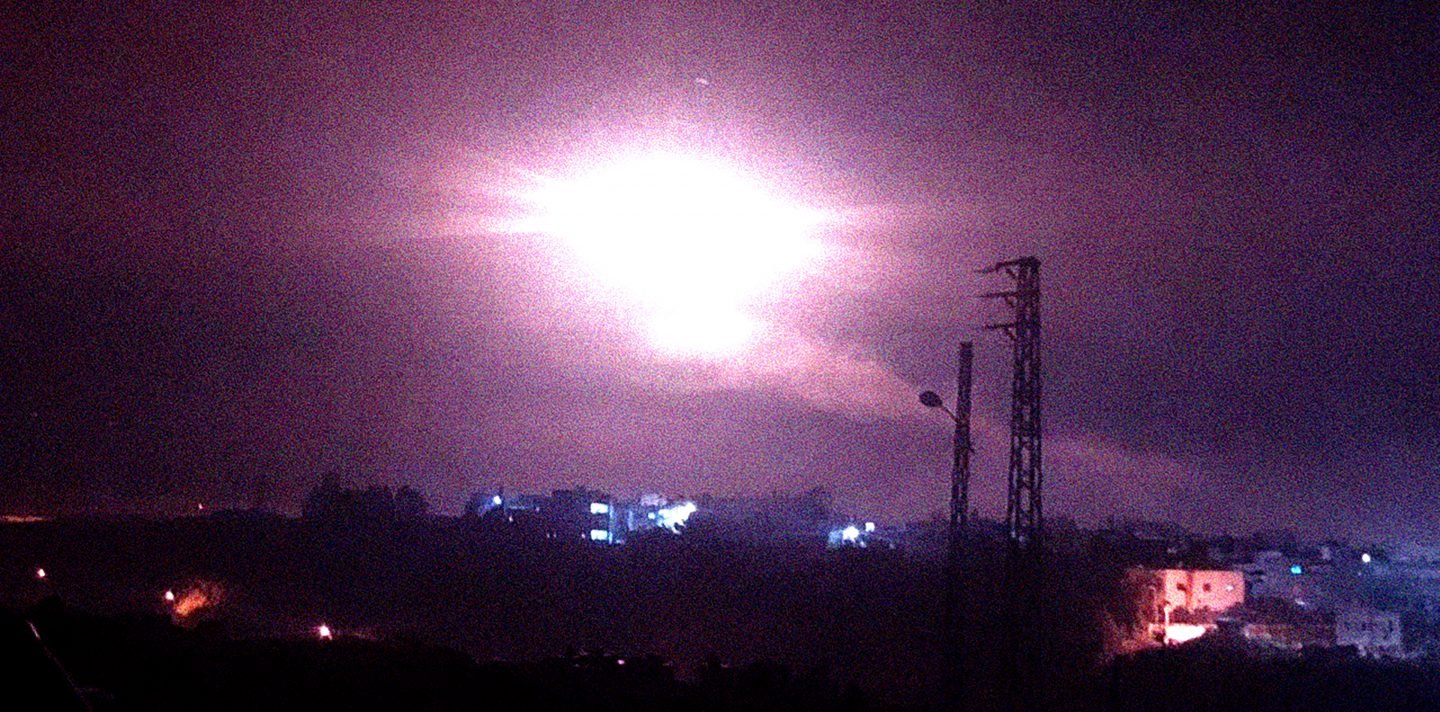
Anxious in Beirut (2023) + The Diary of a Sky (2024)
Anxious in Beirut (2023) — Zakaria Jaber + The Diary of a Sky (2024) — Lawrence Abu Hamdan
Lebanon/Jordan/Qatar/Spain, DCP, 93 + 44 ~ 137 mins.
Anxious in Beirut preceded by The Diary of a Sky
About Anxious in Beirut
In the ever-present desire to capture, record, and understand Beirut––and by extension himself–– Zakaria Jaber has been trying to provide a coherent story for his city through film. Anxious in Beirut is a personal diary that documents the events of the last few years in Lebanon, capturing revolution, collapse conditions, explosions, and demonstrations. Living with constant anxiety, Zakaria, the film’s young director, narrates his own life and the lives of those close to him as they navigate a worsening economic and political situation in Lebanon. Frustrated, he and his friends also consider leaving their country, a decision that each struggles to make.
About Undr
The Diary of a Sky unfolds an atmospheric symphony of violence over Beirut, revealing the haunting fusion of incessant Israeli military flights and the hum of generators during blackouts. This 45-minute video essay plunges viewers into a chilling chronicle of daily life transformed by the weaponization of the air, where the terror of repeated incursions becomes a disconcertingly banal backdrop.

Tajouje (1977)
Tajouje (1977) — Gadalla Gubara
Sudan, Digital, 92 mins.
Curated by one of MIZNA’S guest programmers–– filmmaker, curator, and educator Fatima Wardy––this Sudanese classic from the 1970s has it all: romance, melodrama, tragedy, comedy, poetry, song, and dance. Considered one of the first narrative feature films from Sudan, Tajouje is an adaptation of a novel by the same name, which tells the tale of forbidden love and examines the social dynamics of a small village in the region during the 19th century. The film captures a striking moment in Sudanese history, and this digitized print makes it available in the present. Upon its release, the film screened in Cairo, Moscow, Berlin, Carthage, and Cannes. It can be viewed today due to the efforts of Sara Gubara, filmmaker Gadalla Gubara’s daughter and collaborator, as well as the Arsenal Film Institute in Berlin.
This screening is presented with the support of Trylon Cinema and Soft Cult Studio.
In case of rain, this screening will move indoors and take place at the Main Cinema, in theater 3

Bye Bye Tiberias (2023)
Bye Bye Tiberias (2023) — Lina Soualem
France/Belgium/Occupied Palestinian Territory/Qatar, DCP, 82 mins.
18th Arab Film Festival Opening Night! Opening night reception with light refreshments from 6:30–7:30pm in the Main Cinema Lobby!
In her early twenties, Hiam Abbas left her native Palestinian village to follow her dream of becoming an actor in Europe, leaving behind her mother, grandmother, and seven sisters. Thirty years later, she returns to the village with her daughter, filmmaker Lina Soualem. They question Hiam’s mother for the first time about her bold decisions and chosen exile, as well as the way the women in their family influenced both of their lives. Set between past and present, Bye Bye Tiberias pieces together images of today with family footage from the nineties and historical archives to portray four generations of daring Palestinian women who keep their story and legacy alive in the face of exile, dispossession, and heartbreak through the strength of their bonds.

The Reports on Sarah and Saleem (2018)
The Reports on Sarah and Saleem (2018) — Muayad Alayan
Occupied Palestine Territory/Germany/Netherlands/Mexico, Digital, 127 mins.
Donations benefit Middle East Children’s Alliance efforts in Gaza
![Zerda and the Songs of Forgetting [La Zerda ou les chants de l'oubli] (1983)](https://images.squarespace-cdn.com/content/v1/61c8155b43afc26b6ecbd8b6/1724531436577-WTSTZL0IR0Q7Q39FYS30/Zerda+And+The+Songs+Of+Forgetting2+1982.jpg)
Zerda and the Songs of Forgetting [La Zerda ou les chants de l'oubli] (1983)
Zerda and the Songs of Forgetting [La Zerda ou les chants de l'oubli] (1983) — Assia Djebar + Monangambeé (1969) — Sarah Maldoror
Algeria/Angola, DCP, 59 + 17 ~ 76 mins.
Zerda and the Songs of forgetting : Algerian novelist and translator Assia Djebar changed professions to make La Zerda et les Chants de L’Oubli. Using French newsreels, the film represents the colonization of the Maghreb, rethinking the dominant narrative of this history. A furious swan song to colonial violence, the film plays with documentary form, recutting images and reconstructing history alongside a soundtrack comprised of multi-vocal chants and experimental music. Zerda employs montage in a search for truth––a truth that the colonial “killing gaze” pointedly omits or does not show. In Djebar’s cut, there is “resistance behind the mask.”
Monangambeé : ‘Monangambee!’ Spread from hut to hut, from village to village, this cry made even the bravest men in Angola shiver. ‘Monangambee’ translates to ‘white death,’ and in the past, this cry accompanied the arrival of Portuguese slave traders” (Nadia Kasji). Shot in and co-produced by newly independent Algeria, Maldoror’s film links the anti-colonial struggle of the 1950s, ’60s, and ’70s to the history of African enslavement, deconstructing and rethinking the legacy of colonial violence.
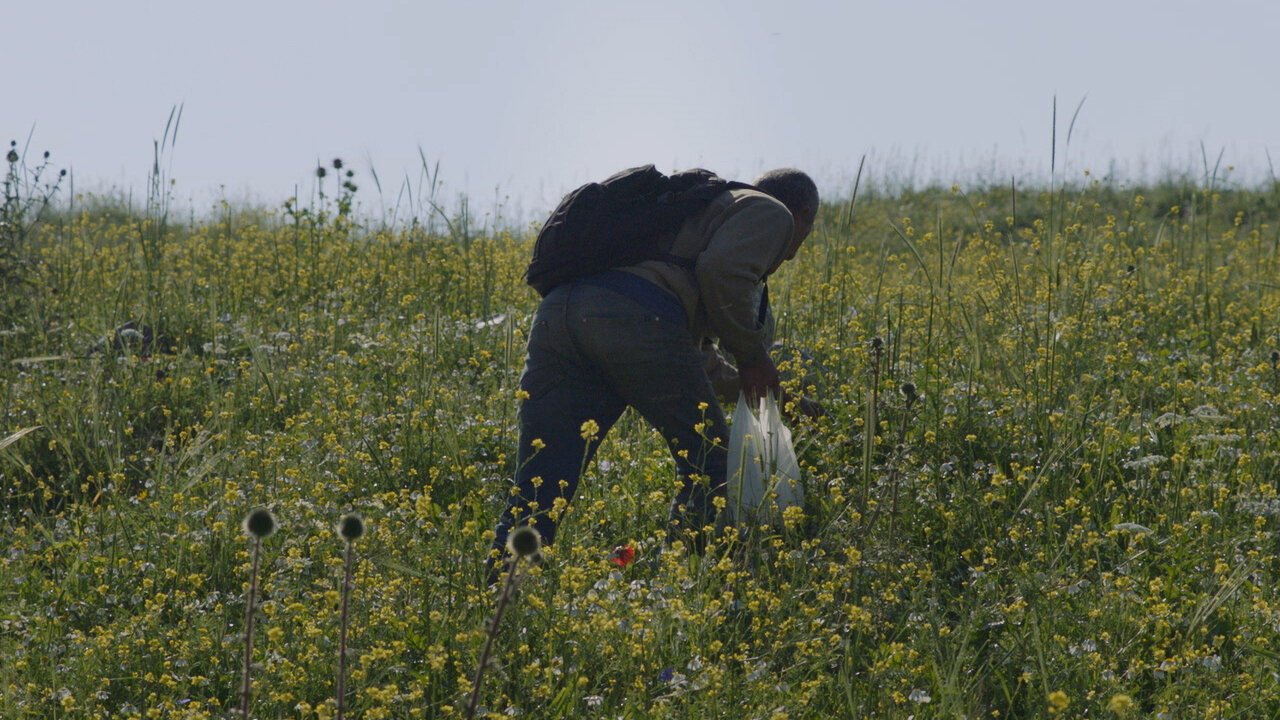
Foragers (2022)
Foragers (2022) — Jumana Manna
Palestine, Digital, 65 mins.
Donations benefit Crips for E-sims for Gaza
![Infiltrators [Mutasalilun] (2012)](https://images.squarespace-cdn.com/content/v1/61c8155b43afc26b6ecbd8b6/1713215417914-FF8APULHSSDG4RF0JRKO/infiltrators4+2012.jpeg)
Infiltrators [Mutasalilun] (2012)
Infiltrators [Mutasalilun] (2012) — Khaled Jarrar
Palestine/United Arab Emirates/Lebanon, Digital, 70 mins.
Donations benefit Crips for E-sims for Gaza
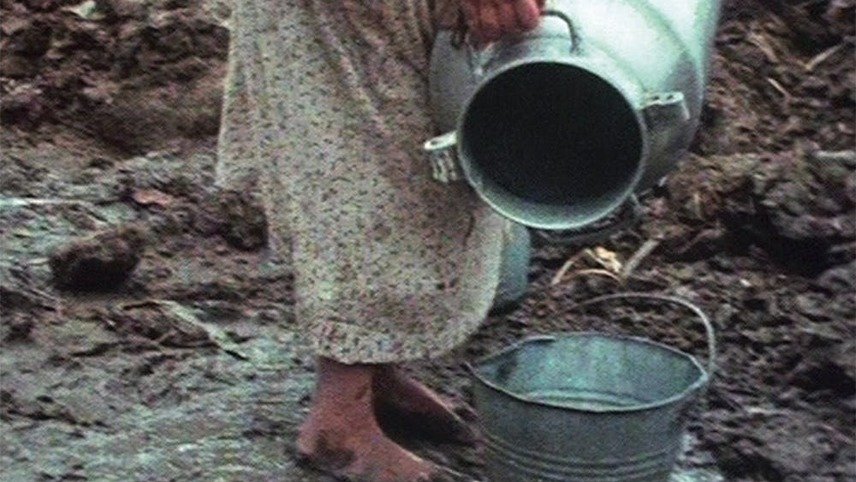
Atteyat El-Abnoudy Retrospective
Atteyat El-Abnoudy Retrospective
Horse of Mud [Husan el-tin] (1971) • 12 mins.
Sad Song of Touha [Oghneyet Touha Elhazina] (1972) • 12 mins.
The Sandwich (1975) • 12 mins.
Rawya (1995) • 16 mins.
Permissible Dreams [al-Ahlam al-Mumkinna] (1983) • 31 mins.
Egypt, DCP, ~83 mins.
The May program of Mizna Film Series: Feminist Visions presents a retrospective of Atteyat El-Abnoudy’s work. Often considered Egypt’s pioneer documentary filmmaker and “filmmaker of the poor,” El-Abnoudy’s oeuvre maps the intersections of class, labor, and gender in Egypt, largely through the perspectives of women. With training in law, journalism, and filmmaking, El-Abnoudy was active as a documentary filmmaker from the 1970s through the early 2000s. El-Abnoudy’s films offer an intimate glimpse into the lives of working-class Egyptians through politically engaged and socially preoccupied documentary form. Giving a voice to women outside of Egypt’s metropolitan centers, El-Abnoudy enables her film subjects to return the camera’s gaze and narrate their stories in their own words.
In 2011, El-Abnoudy donated her archival collection to the founders of Cimatheque, an alternative film center in the heart of Cairo, as they were setting up their space. The donation kick-started and shaped the center’s archival practice. Cimatheque is now a multi-purpose cultural space that provides resources, trainings, and programming for the independent filmmaking community in Cairo. Additionally, Cimatheque houses an archive comprised of rare films, prints, manuscripts, and other extracinematic materials spanning more than 60 years of Egyptian, Arab, and global alternative cinema history. Since it opened its doors in 2012, Cimatheque has strived to make Egypt’s cinematic heritage and El-Abnoudy’s film collection accessible. Part of that task includes safeguarding El-Abnoudy’s film collection, and Cimatheque is set to undertake a restoration project of select titles from the collection in order to digitize and preserve her work.
This program is co-presented with Cimatheque and ArteEast

Wajib (2017)
Wajib (2017) — Annemarie Jacir
Palestine/France/Colombia/Germany/United Arab Emirates/Qatar/Norway, Digital, 96 mins.
Donations benefit Crips for E-sims for Gaza
![The Hour of Liberation has Arrived [Saat el Tahrir Dakkat, Barra ya Isti Mar] + Palestinian Women [Les Femmes palestiniennes] (1974)](https://images.squarespace-cdn.com/content/v1/61c8155b43afc26b6ecbd8b6/1705354671228-YGK8LY2TOD8BO2JPG82Z/the+hour+of+liberation+has+arrived4+1974.jpg)
The Hour of Liberation has Arrived [Saat el Tahrir Dakkat, Barra ya Isti Mar] + Palestinian Women [Les Femmes palestiniennes] (1974)
The Hour of Liberation has Arrived [Saat el Tahrir Dakkat, Barra ya Isti Mar] (1974) — Heiny Srour + Palestinian Women [Les Femmes palestiniennes] (1974) — Jocelyne Saab
United Kingdom/Lebanon/France/Palestine, DCP, 64+11 ~75 mins.
New Restoration!
playing as part of mizna film series
![The Hour of Liberation has Arrived [Saat el Tahrir Dakkat, Barra ya Isti Mar] + Palestinian Women [Les Femmes palestiniennes] (1974) ***SOLD OUT***](https://images.squarespace-cdn.com/content/v1/61c8155b43afc26b6ecbd8b6/1705354671228-YGK8LY2TOD8BO2JPG82Z/the+hour+of+liberation+has+arrived4+1974.jpg)
The Hour of Liberation has Arrived [Saat el Tahrir Dakkat, Barra ya Isti Mar] + Palestinian Women [Les Femmes palestiniennes] (1974) ***SOLD OUT***
The Hour of Liberation has Arrived [Saat el Tahrir Dakkat, Barra ya Isti Mar] (1974) — Heiny Srour + Palestinian Women [Les Femmes palestiniennes] (1974) — Jocelyne Saab
United Kingdom/Lebanon/France/Palestine, DCP, 64+11 ~75 mins.
New Restoration!
playing as part of mizna film series
![Gaza Ghetto (1985) [16mm]](https://images.squarespace-cdn.com/content/v1/61c8155b43afc26b6ecbd8b6/1707628057450-676E5RTPLZIX4VSMRI3K/gaza+ghetto2+1985.jpeg)
Gaza Ghetto (1985) [16mm]
Gaza Ghetto: Portrait of a Palestinian Family (1985) — Per-Åke Holmquist, Joan Mandell, Pierre Björklund
Sweden/Palestine, 16mm, 82 min.
awtt.haaus is proud to present this event in collaboration with mizna and FLAGS-JP
This is a free screening of the first feature length documentary shot in gaza. Donations are being accepted and will be used for feminine hygiene kits for the women in gaza, courtesy of pious projects and the asad sisters.
![When I saw You [Lamma shoftak] (2012)](https://images.squarespace-cdn.com/content/v1/61c8155b43afc26b6ecbd8b6/1703882777807-N0IJA7MHPX5EIYQ6S8DP/when+i+saw+you2+2012.jpeg)
When I saw You [Lamma shoftak] (2012)
When I saw You [Lamma shoftak] (2012) — Annemarie Jacir
Palestine/Jordan/Greece/UAE, DCP, 108 mins.
Screening As part of programming associated with the installation Bear Witness: Honoring Gaza’s Martyrs. The Installation and its programs are presented by Mizna, UMN Students for Justice in Palestine, UMN Palestine Studies Working Group (soon to become Faculty for Justice in Palestine), and Public Functionary and supported by the Headwaters Foundation.
This installation is on view through December 31, 2023. Find more events and resources for Gaza at Toward a Free Palestine.
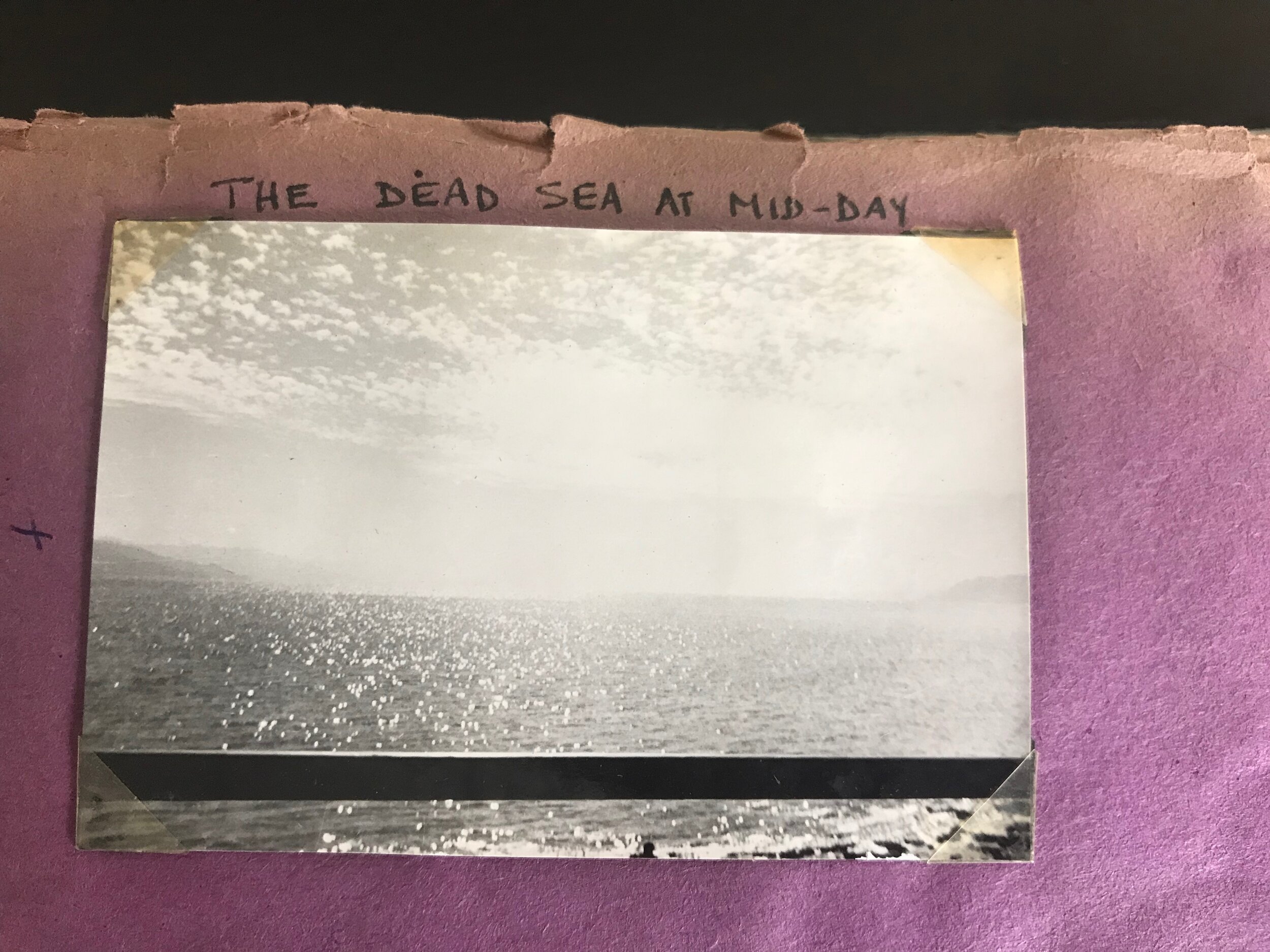
the void project
Filmmaker Azza El-Hassan founded the Void Project in 2018 to explore the presence and absence of visual archives in wartime narratives. The project focuses on restoring and reimagining existing and lost films. The examples in this series focus specifically on visualizing Palestine.
— jerusalem, flower of all cities (1969) / ali slam / 7 mins.
— palestine in the eye (1977) / mustafa abu ali / 28 mins.
— the making of a revolutionary film aka the place 2 (2019) / azza el-hassan / 7 mins.
— kings and extras: digging for a palestinian image (2004) / azza el-hassan / 62 mins.
palestine, dcp, 104 mins.
![red army/pflp: declaration of world war [Sekigun-P.F.L.P: Sekai sensô sengen] (1971) + we are the palestinian people (1973)](https://images.squarespace-cdn.com/content/v1/61c8155b43afc26b6ecbd8b6/1674318601333-HQ5EZZT96MVLWOKJIKWM/red+army%3Apflp-+declaration+of+world+war2+1971.jpeg)
red army/pflp: declaration of world war [Sekigun-P.F.L.P: Sekai sensô sengen] (1971) + we are the palestinian people (1973)
red army/pflp: declaration of world war [Sekigun-P.F.L.P: Sekai sensô sengen] (1971) — masao adachi, kôji wakamatsu + we are the palestinian people aka revolution until victory [newsreel #65] (1973) — newsreel collective
japan/palestine, dcp, 122 mins.
![red army/pflp: declaration of world war [Sekigun-P.F.L.P: Sekai sensô sengen] (1971) + we are the palestinian people (1973)](https://images.squarespace-cdn.com/content/v1/61c8155b43afc26b6ecbd8b6/1674318601333-HQ5EZZT96MVLWOKJIKWM/red+army%3Apflp-+declaration+of+world+war2+1971.jpeg)
red army/pflp: declaration of world war [Sekigun-P.F.L.P: Sekai sensô sengen] (1971) + we are the palestinian people (1973)
red army/pflp: declaration of world war [Sekigun-P.F.L.P: Sekai sensô sengen] (1971) — masao adachi, kôji wakamatsu + we are the palestinian people aka revolution until victory [newsreel #65] (1973) — newsreel collective
japan/palestine, dcp, 122 mins.
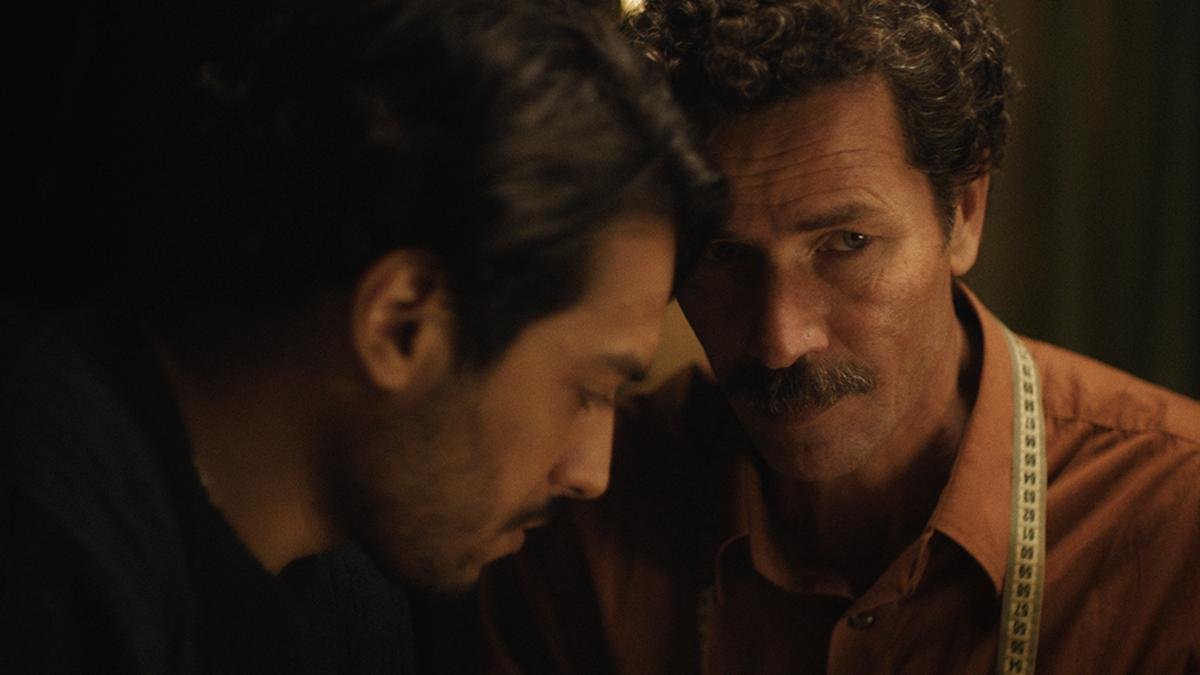
THE BLUE CAFTAN (2022)
THE BLUE CAFTAN (2022) — MARYAM TOUZANI
MOROCCO/france/belgium/denamrk, DCP, 122 MINS.
